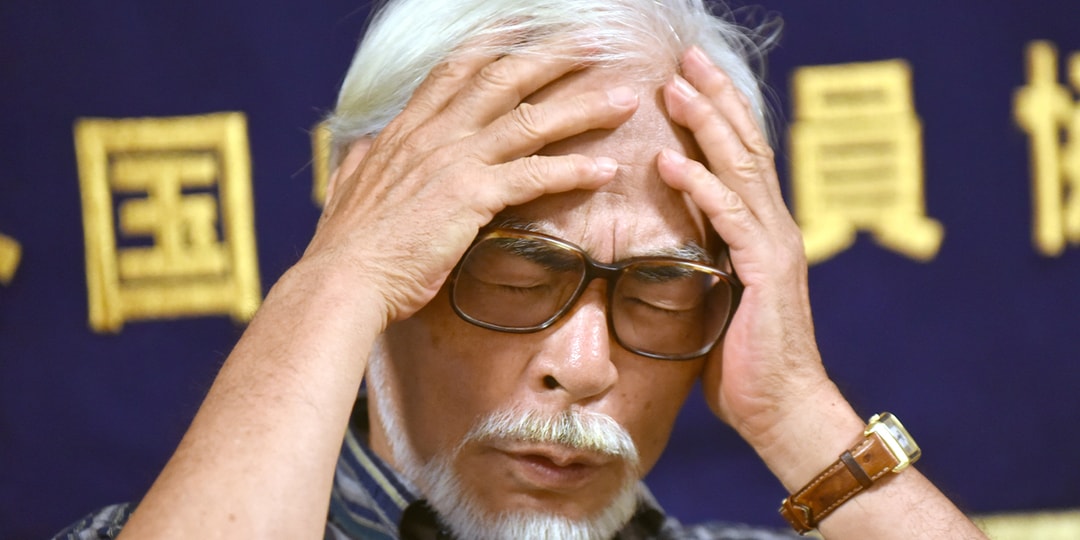China Responds to US Tariffs by Reducing Hollywood Film Imports

The ongoing trade feud between the United States and China has now reached the entertainment industry, as Chinas National Film Administration has announced a decision to moderately reduce the release of American films in its market. This move comes in direct response to the hefty 145 percent tariff imposed by the U.S. government on Chinese imports, underscoring the escalating tensions in the trade relationship between the two nations.
In a statement released on Thursday, the Chinese film authorities linked their decision to the aggressive tariff policies implemented by the Trump administration. They criticized what they termed the "wrong move" by the U.S. government, stating that such actions would inevitably lead to a decline in the domestic audience's favorability towards American films. The administration emphasized that they would adhere to market principles and respect the preferences of their audience, thereby justifying their decision to limit the number of American films imported into China.
This announcement was not entirely unexpected for many observers who had been speculating that China might retaliate against U.S. tariffs by targeting Hollywood, a cultural powerhouse that has often relied on the lucrative Chinese market for revenue. Traditionally, China permits 10 foreign films to be released each year, and until recently, Hollywood was regarded as a significant contributor to the Chinese box office. However, recent trends indicate a waning popularity of Western films, with Hollywood productions now accounting for a mere 5 percent of box office receipts in China, according to insights from Chris Fenton, author of the book "Feeding the Dragon: Inside the Trillion Dollar Dilemma Facing Hollywood, the NBA, and American Business."
The implications of this decision are substantial, especially for major film studios that have been counting on strong performance in China for their upcoming releases. Projects such as Paramounts highly anticipated "Mission Impossible The Final Reckoning," Warner Brothers latest installment featuring Superman, and a new version of Marvels "The Fantastic Four" could face significant hurdles in the Chinese market, which has become increasingly selective in what it allows from Hollywood.
Despite the potential backlash, President Trump appeared unfazed by Chinas decision when questioned by reporters. He remarked, "I think Ive heard of worse things," showing a level of indifference towards the film industry's concerns. This response is indicative of the broader stance his administration has taken towards various sectors affected by the trade war, often prioritizing economic policy over cultural exchanges.
The decision by China to restrict American films could serve as a strategic move to leverage cultural diplomacy, sending a message to Washington about the consequences of its trade policies. As relations between the two countries grow increasingly strained, the film industry may find itself caught in the crossfire, with Hollywood facing a challenging new reality in one of its most important international markets.




























